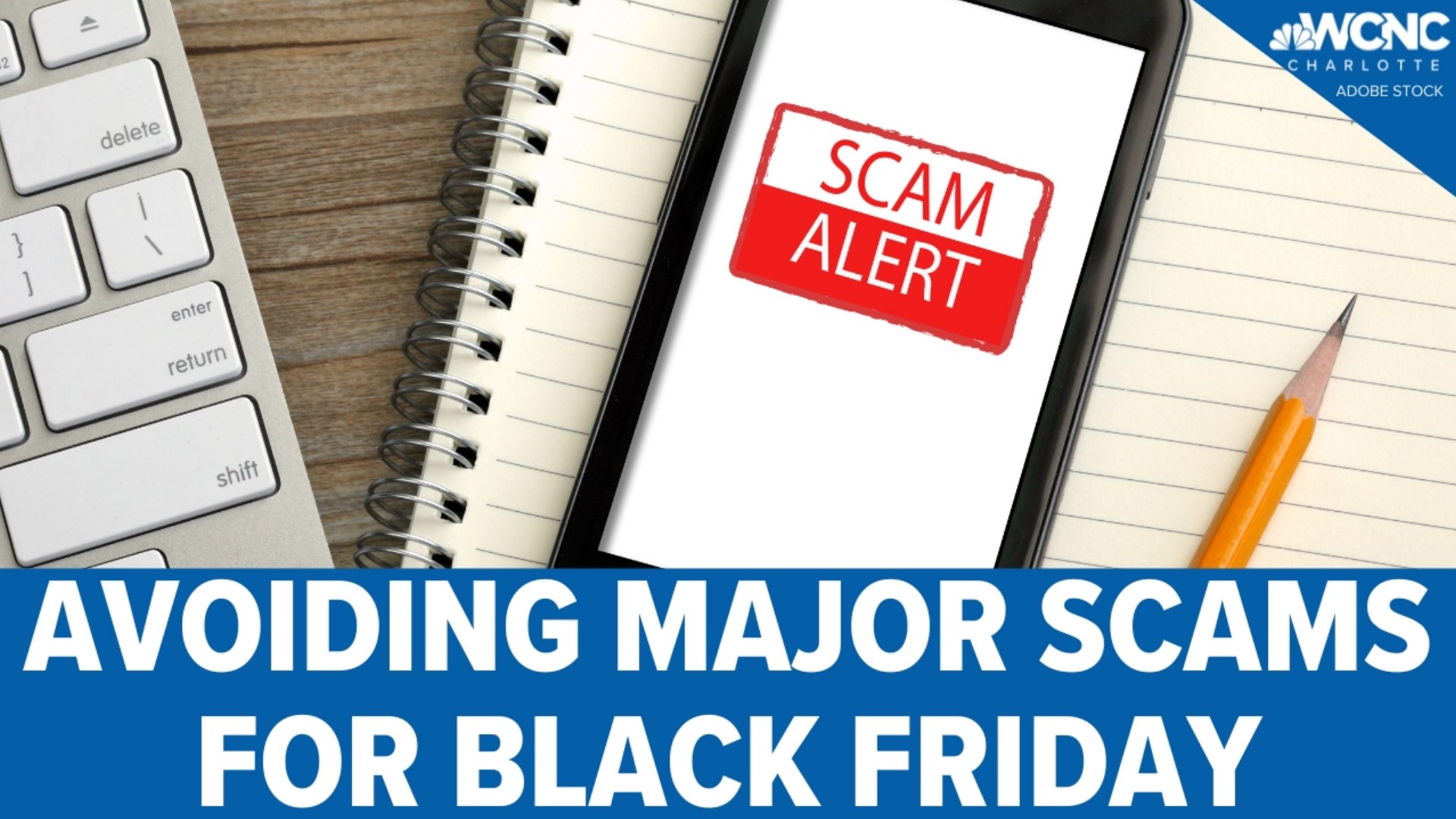CHARLOTTE, N.C. — As holiday shoppers hunt for the best deals online, a new study shows how scammers are trying to take advantage of them.
An analysis by Been Verified of more than 165,000 complaints found that the fastest-growing scam in 2022 is on Facebook Marketplace.
“Online purchases from the start of the pandemic until today have become the number one scam,” Tom Bartholomy with the Better Business Bureau told WCNC Charlotte.
Bartholomy warned that both buyers and sellers are at risk for payment scams on Facebook Marketplace. He explained that scammers are swindling sellers with bad checks and buyers with money-sending apps like Venmo.
“So you go ahead and send them the money via that Cash App," Bartholomy explained, "and lo and behold, what you bought never shows up because all they had was a nice-looking ad on Facebook.”
He suggested buyers only do deals locally and meet face-to-face to get the product.
While hunting for bargains, Bartholomy also warned against unfamiliar websites and ads on social media that look too good to be true.
“Realize where you are, take a look at the web address, check that out. See what other people's experience has been,” he added.
A website called whois.com is a resource to check when and where a website was made. Bartholomy said if the website is brand new, that’s a red flag.
Lastly, using a credit card for purchases is the only form of payment that gives federal protection, according to the scam expert.
Contact Julia Kauffman at jkauffman@wcnc.com and follow her on Facebook, Twitter and Instagram.
MORE TIPS TO AVOID SCAMS
Emotional appeal - Any pitch that ratchets up your emotion will inhibit your rational judgment.
Sense of urgency - You MUST act now, or else.
Request for unorthodox payment - Gift cards, prepaid credit cards, wire transfers, etc.
Explanations that don't ring true - If your new “landlord” can’t show you the inside of the house, that could be because they don’t own it.
You won, now pay up - It’s not a prize if you have to pay for it. Taxes, fees, shipping, whatever.
Too good to be true - That’s because it’s not true. Sorry, your long-lost relative didn’t die, leaving you millions. That car you bought online for a third of its Kelly Blue Book value doesn’t really exist. The son of a billionaire diamond broker didn’t “swipe right” on you and fall instantly in love. That work-at-home job paying you hundreds of dollars an hour for stuffing envelopes isn’t real.

